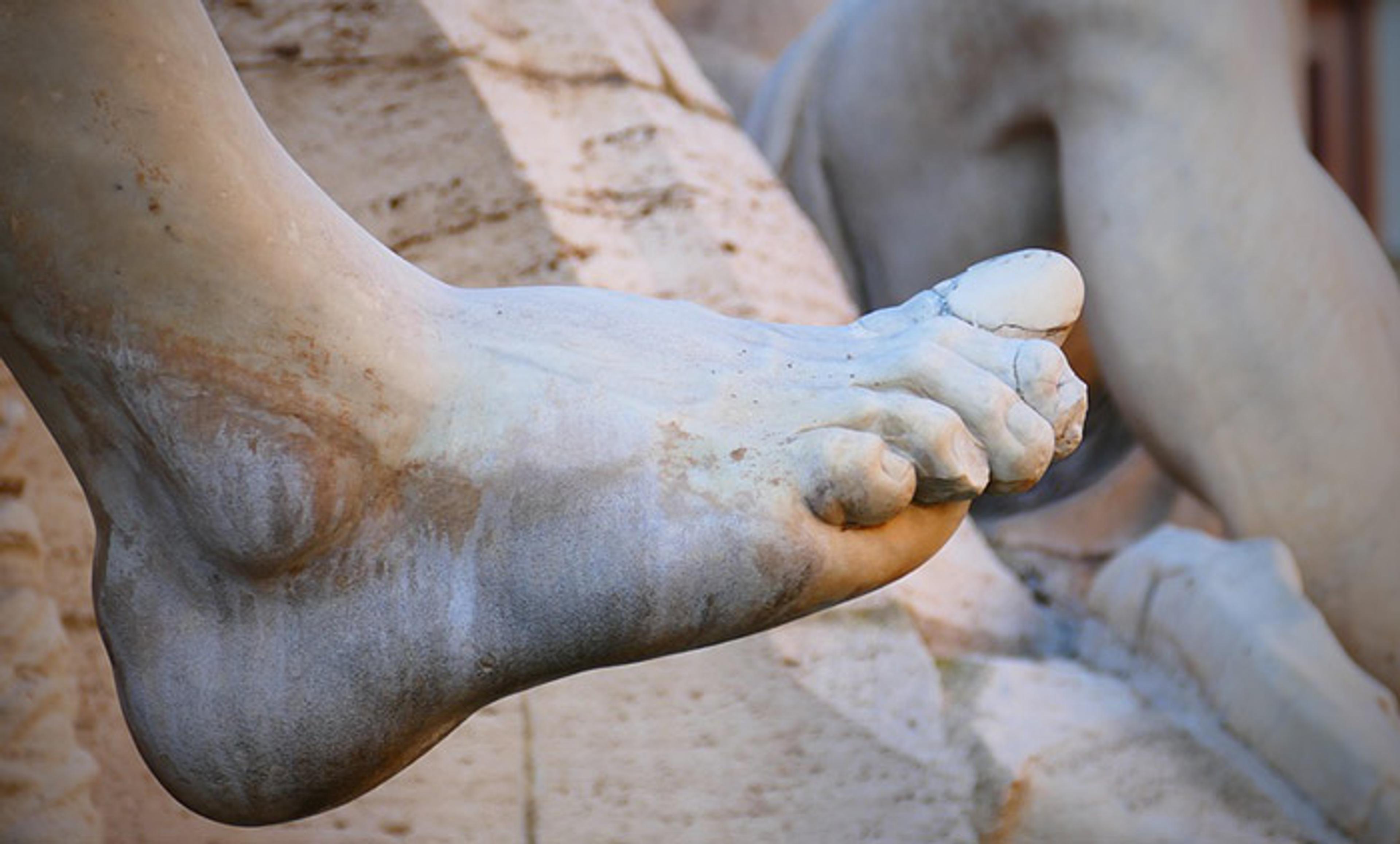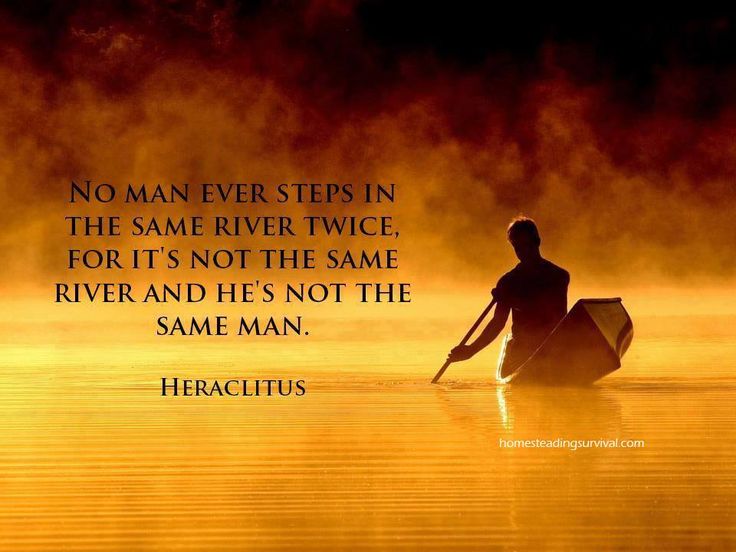Reference




Reference




OpenAI's Answer
Heraclitus, an ancient Greek philosopher, is well-known for the doctrine that “everything changes and nothing stands still” (Greek: πάντα ῥεῖ, panta rhei). He encapsulated this idea with the famous phrase, "No man ever steps in the same river twice." This illustrates the concept that both the person and the river undergo constant change— the river's waters are ever-flowing, and the person is perpetually evolving (source).
In contrast, Ludwig Wittgenstein, an influential 20th-century philosopher, dealt with philosophical problems through the lens of language and its usage rather than metaphysical notions. He is known for his exploration of language games and the ways language constructs and is constrained by our reality. Wittgenstein challenges assumptions shaped by our language and posits that many philosophical conundrums arise from misunderstandings about language.
Regarding stepping into the same river, Wittgenstein disagreed with Heraclitus. He argued using a different perspective that we can step into the same river twice, interpreting the river's identity through linguistic rules and the continuity of its course, despite the water changing (source).
Relation between Heraclitus and Wittgenstein
-
Change and Constancy: Heraclitus's philosophy emphasizes perpetual change and flux, suggesting that reality is in constant motion. Wittgenstein’s perspective suggests that reality's conceptual framework provided by language remains consistent, allowing for claims of constancy amidst change.
-
Language and Reality: Heraclitus uses the river image to convey philosophical truths about the nature of reality itself. Wittgenstein, however, uses language to explore how semantics and grammar shape our understanding of concepts like identity and change.
-
Philosophical Inquiry: Both philosophers highlight different approaches to philosophical inquiry—Heraclitus with metaphysical observation about the world’s nature, and Wittgenstein with linguistic and conceptual analysis.

In essence, while Heraclitus and Wittgenstein use the metaphor of the river, they diverge significantly in their interpretations and underlying philosophies (source).
Follow Up
Related
How did Heraclitus' concept of the soul differ from Homer's conception?
How do the ancient texts explain the concept of the soul?
How did Buddhist practices influence Daoist concepts like shijie and bigu?
How does the concept of shijie relate to Christian beliefs in resurrection?
How has the concept of evolution changed since Darwin's original theories?